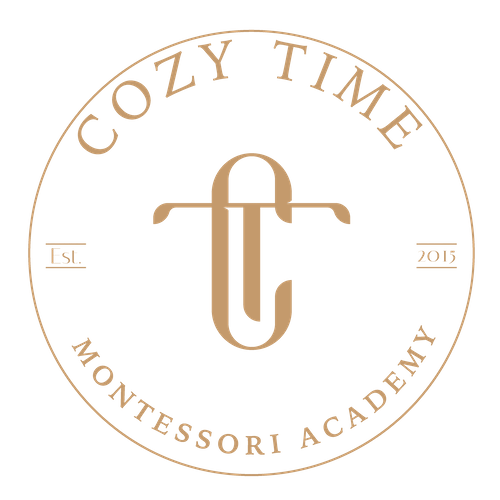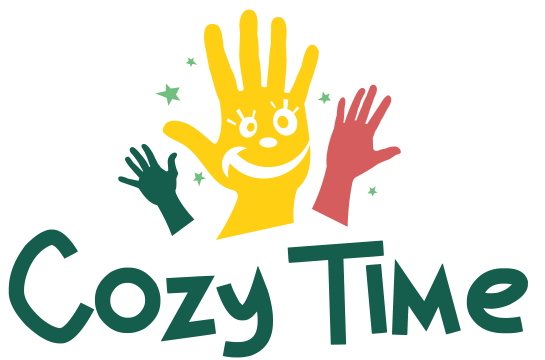The Tale of a Young Maria Montessori
Picture a young Italian girl from the late 19th century, Maria Montessori. She was an inquisitive child who thrived on asking questions, exploring her world, and, above all, learning. Maria’s curiosity was not simply satiated with answers; instead, she used her inquiries as stepping stones to discover solutions herself. This formative approach to learning laid the foundation for what we now know as the Montessori Method of Education.
Uncovering the Montessori Method of Education
The Montessori approach to education is a child-centered educational method based on the scientific observations of Maria Montessori. It emphasizes independence, freedom within limits, and respect for a child’s natural psychological, physical, and social development. Key elements of the Montessori education system include multi-age classrooms, student-chosen work in long time blocks, and specialized educational materials developed by Montessori and her collaborators.
Problem-Solving Skills and the Montessori Approach
Children are naturally curious, and the Montessori method leverages this innate curiosity to foster problem-solving skills. By providing an environment where children are free to explore, make mistakes, and find solutions on their own, Montessori education helps children develop a strong foundation in problem-solving. This approach is a far cry from traditional daycare centers, particularly in Toronto, where structured, teacher-led activities are the norm.
In a Montessori classroom, children are challenged with real-life situations that require them to think critically and find solutions. Whether it’s figuring out how to button a shirt, pour water without spilling, or resolving a conflict with a peer, the Montessori method allows children to learn from their experiences.
Critical Thinking and the Montessori Approach
Critical thinking is more than just problem-solving; it involves making judgments and decisions based on reasoning and evidence. The Montessori approach fosters critical thinking skills by creating an environment where children feel safe to ask questions, explore different solutions, and make mistakes.
Montessori learning techniques focus on encouraging children to think for themselves, ask questions, and explore the world around them. This aids in developing their cognitive skills and fostering an environment conducive to independent, critical thinking.
In a Montessori classroom, children are encouraged to think critically about the world around them. They learn to analyze situations, consider different perspectives, and make informed decisions. They are guided to ask ‘why’ and ‘how’ instead of ‘what’, promoting a deeper understanding and critical thinking.
For parents and educators alike, the Montessori method provides a unique and effective framework for promoting problem-solving and critical thinking skills in children. By fostering a love for learning and encouraging independent thought, we can help shape the thinkers and leaders of tomorrow.
If you’re interested in incorporating the Montessori approach into your child’s learning in Toronto, consider Cozytime Child Care. We’re the best licensed Montessori center that utilizes child development strategies to foster cognitive skills in children. For more information, contact us at (416) 602 3811.
Practical Tips for Employing the Montessori Approach
Do you remember my niece, Emma? She was always a curious child with an insatiable thirst for learning. Her parents enrolled her in a Montessori daycare in Toronto, which transformed her learning experience. Let me share some of the real-world tactics they used that you can also implement at home.
Creating a Prepared Environment
In Montessori classrooms, children learn in a prepared environment that fosters independence and exploration. It typically includes low shelves with accessible learning materials, small furniture, and a variety of activity areas. You can replicate this at home by creating a child-friendly space with accessible, organized, and engaging educational tools.
Guided Choices
Montessori education encourages children to make their own choices. Emma was allowed to choose the activity she wanted to engage in, fostering her decision-making skills. At home, parents can provide a range of appropriate options for their child to select from, be it during playtime or while deciding what to wear.
The Long-Term Impact of the Montessori Approach on Problem-Solving and Critical Thinking
When I look at Emma now, I see a confident, independent, and creative problem-solver. I attribute this to her early years in a Montessori daycare. But don’t just take my word for it, let’s look at the research and evidence supporting the long-term benefits of the Montessori Method.
Enhanced Cognitive Development
Research has shown that the Montessori method can significantly enhance cognitive development. A study published in the Journal of School Psychology found that Montessori students performed better in tasks requiring problem-solving and critical thinking skills than their peers in traditional education.
Social and Emotional Growth
Montessori education fosters social and emotional growth. A study published in the Journal of Research in Childhood Education found that Montessori students showed a greater sense of fairness, sharing, and empathetic understanding.
Case Study: Transformation in Young Children through Montessori Method
Allow me to share a compelling case study that mirrors Emma’s journey. This comes from a Montessori daycare in Toronto, just like the one Emma attended.
Meet James, a reserved four-year-old with a keen interest in animals. At the daycare, James was encouraged to explore his interest through various Montessori activities such as animal puzzles, books, and real-life experiences. Through the Montessori method, James not only expanded his knowledge about animals but also developed valuable skills like patience, perseverance and problem-solving.
The transformation in James was evident – he became more confident, articulate, and his problem-solving skills were noticeably enhanced.
Contact Cozytime Child Care Today
Are you intrigued by the Montessori approach? Would you like your child to reap the same benefits as Emma and James? Contact the best licensed Montessori center in Toronto, Cozytime Child Care, at (416) 602 3811 today!



